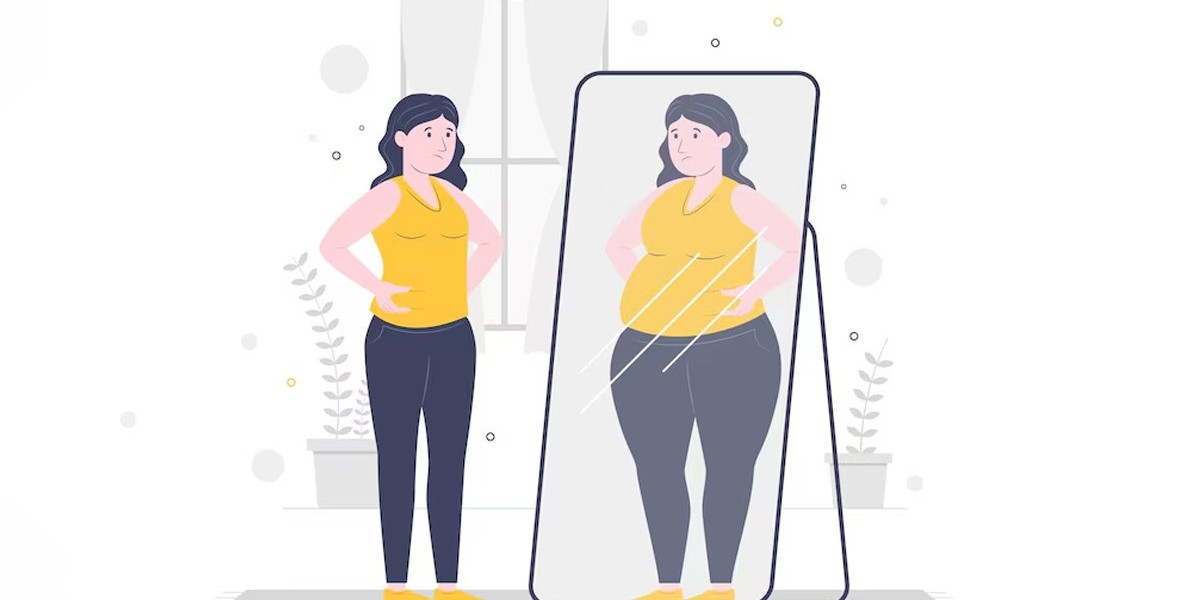Introduction
Starting therapy can be a daunting process, especially if it’s your first time seeking help. Individual counselling offers a safe space to explore your thoughts, emotions, and behaviors. If you're considering this type of therapy, understanding what to expect during your first session can ease any worries and help you feel more prepared. This article will guide you through the initial experience of individual counselling and highlight what you can expect as you begin your mental health care journey.
The Initial Step: Setting Up Your First Session
Before your first individual counselling session, you'll typically have a brief consultation to discuss your goals and the type of support you need. During this initial contact, you may be asked about your reasons for seeking counselling and any mental health concerns you wish to address. This allows the therapist to gain a sense of your background and helps them determine the most effective treatment approach. Be honest about your thoughts and concerns, as this transparency is crucial in developing a strong therapeutic relationship.
What Happens During the Session
Your first individual counselling session will primarily involve an intake process, where the therapist gathers information to understand your personal history and current challenges. You might be asked about your family dynamics, work-life balance, and any significant life events that may impact your mental health. This is not meant to be overwhelming but to give the therapist a complete picture of your situation. Your therapist will also explain the counselling process, the methods they use, and what to expect moving forward.
The Role of the Counsellor and Your Involvement
A key aspect of individual counselling is the active collaboration between you and your therapist. While your therapist may guide the session and provide valuable insights, your involvement is just as important. This is a space where you can openly express your thoughts and emotions without judgment. The therapist will listen attentively, reflect on your feelings, and help you explore patterns in your thinking and behavior. Over time, this process can lead to greater self-awareness, emotional regulation, and personal growth.
Conclusion
The first Individual counselling session can feel like a significant step towards improving your mental health. It may involve sharing personal details and reflecting on your life experiences, but it’s important to remember that the therapist’s role is to support and guide you in a safe and respectful environment. By understanding what to expect, you can approach your session with confidence and take the first steps toward better mental well-being. With continued commitment, individual counselling can provide long-lasting benefits and a path toward healing.
Naijamatta is a social networking site,
download Naijamatta from Google play store or visit www.naijamatta.com to register. You can post, comment, do voice and video call, join and open group, go live etc. Join Naijamatta family, the Green app.
Click To Download


